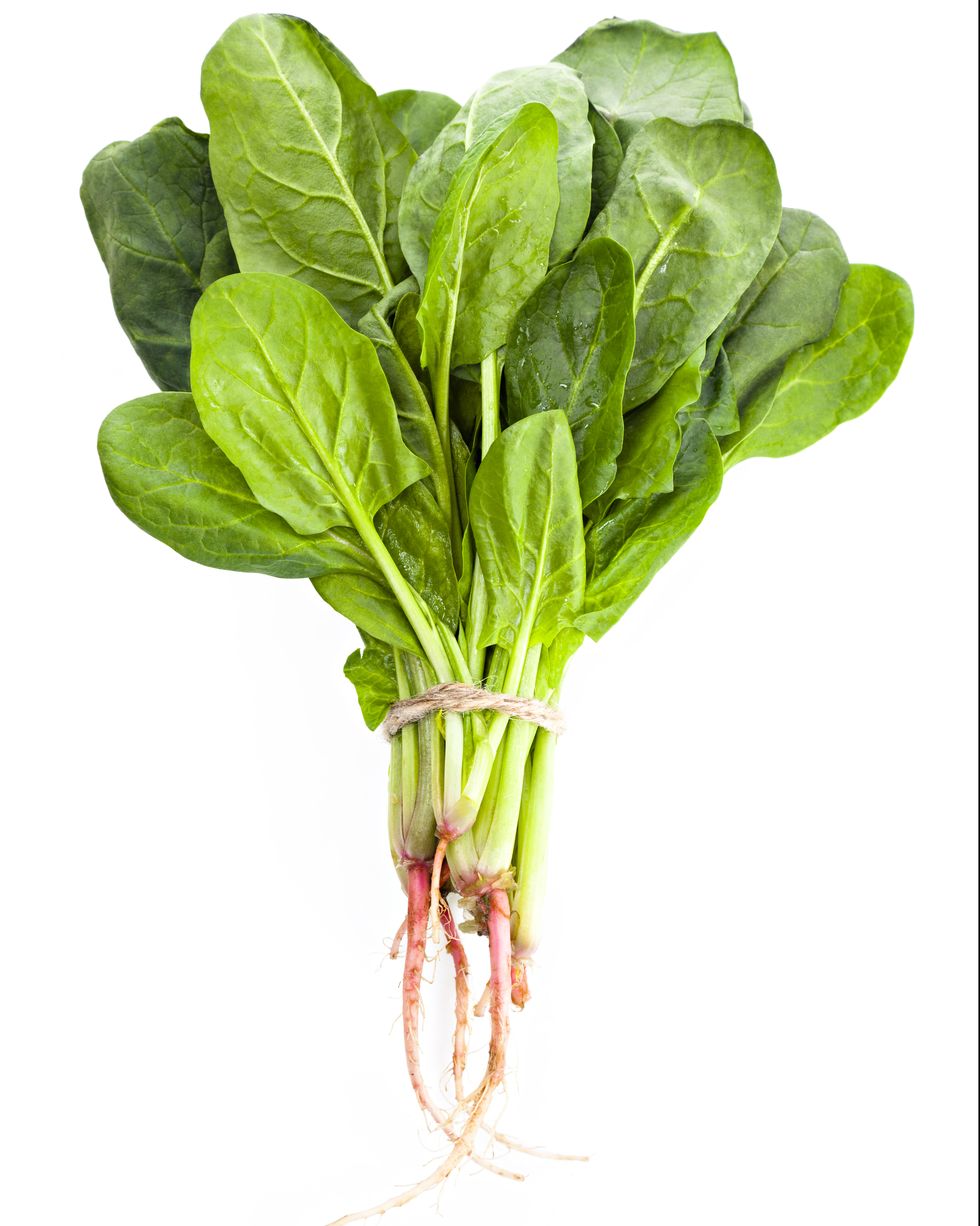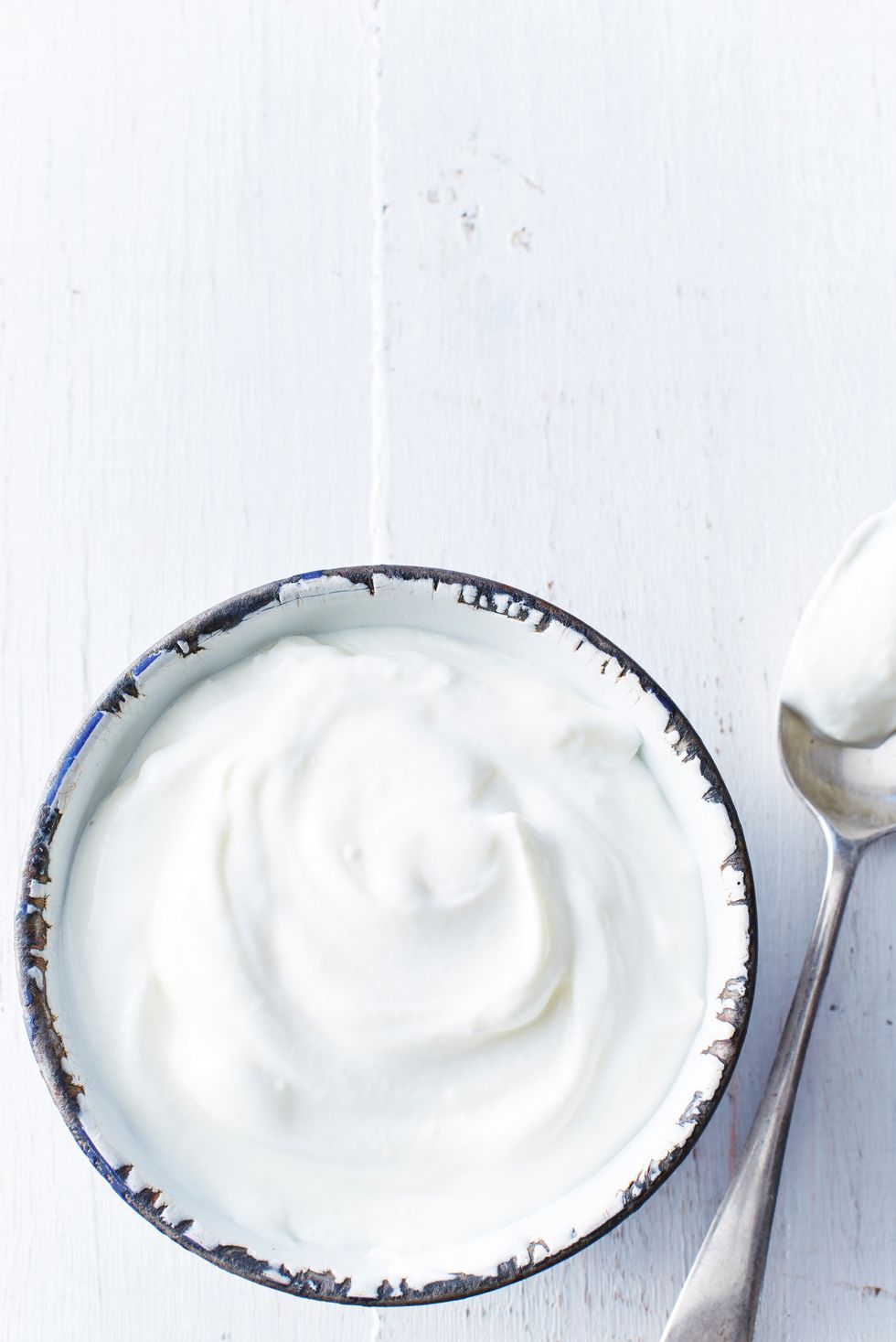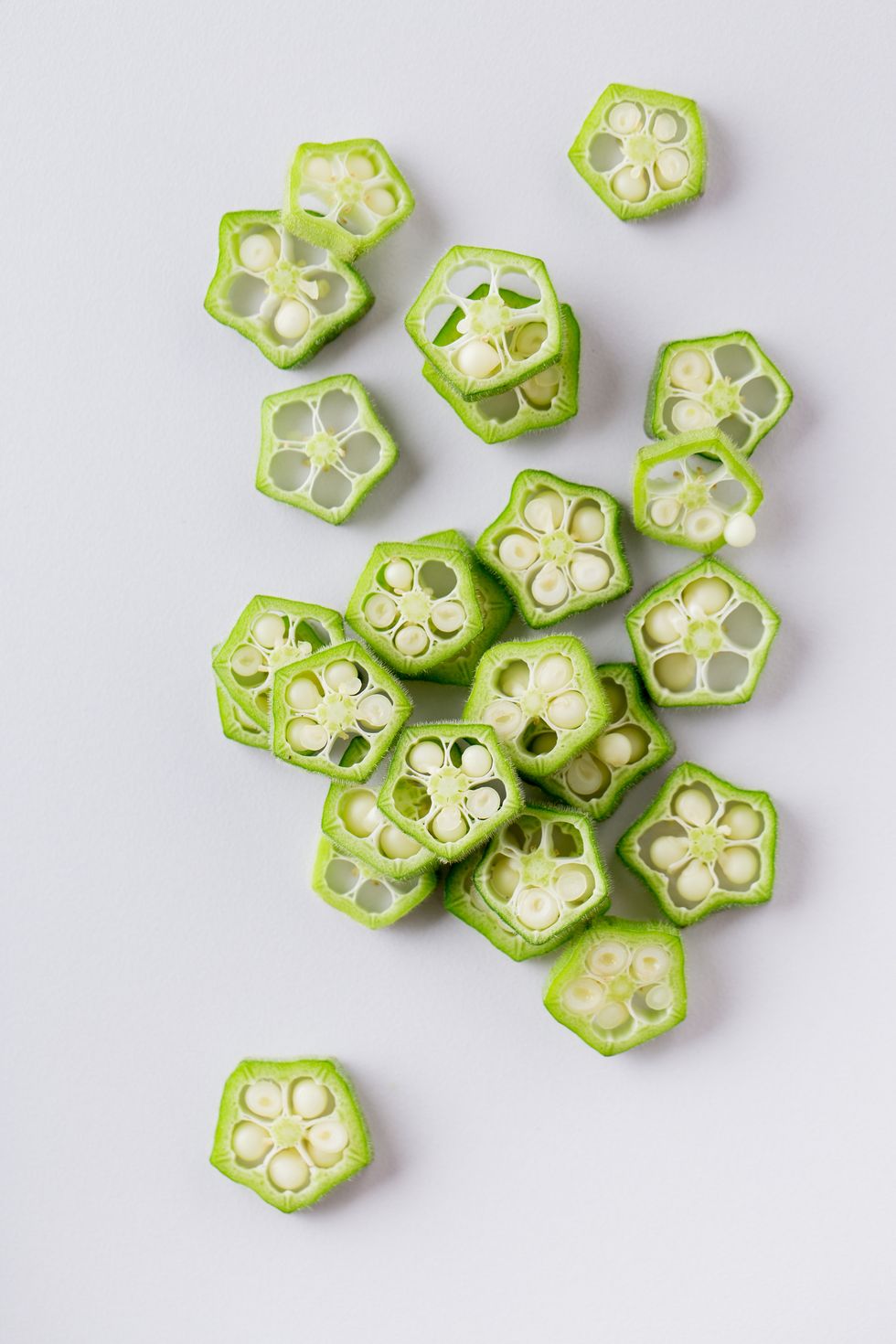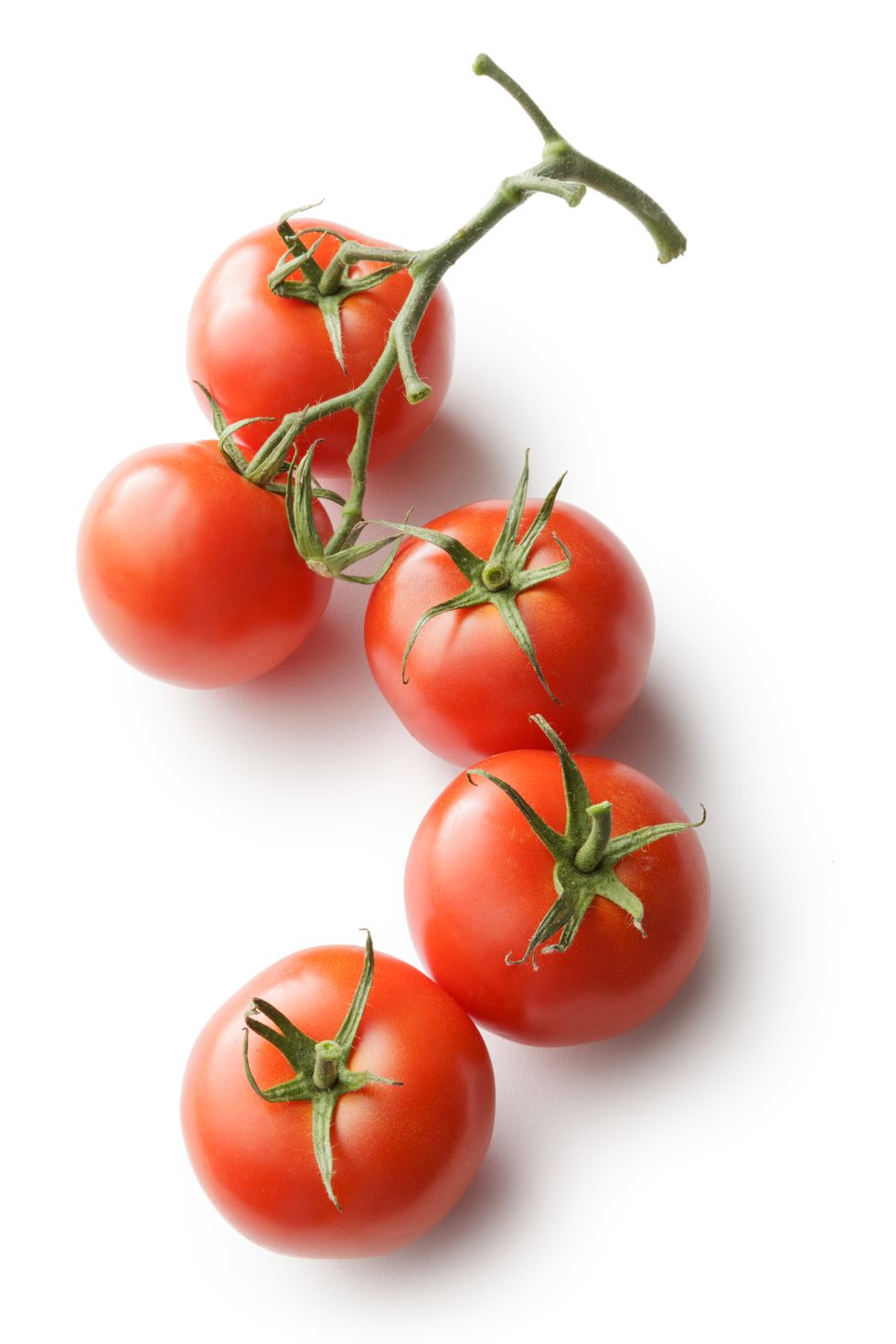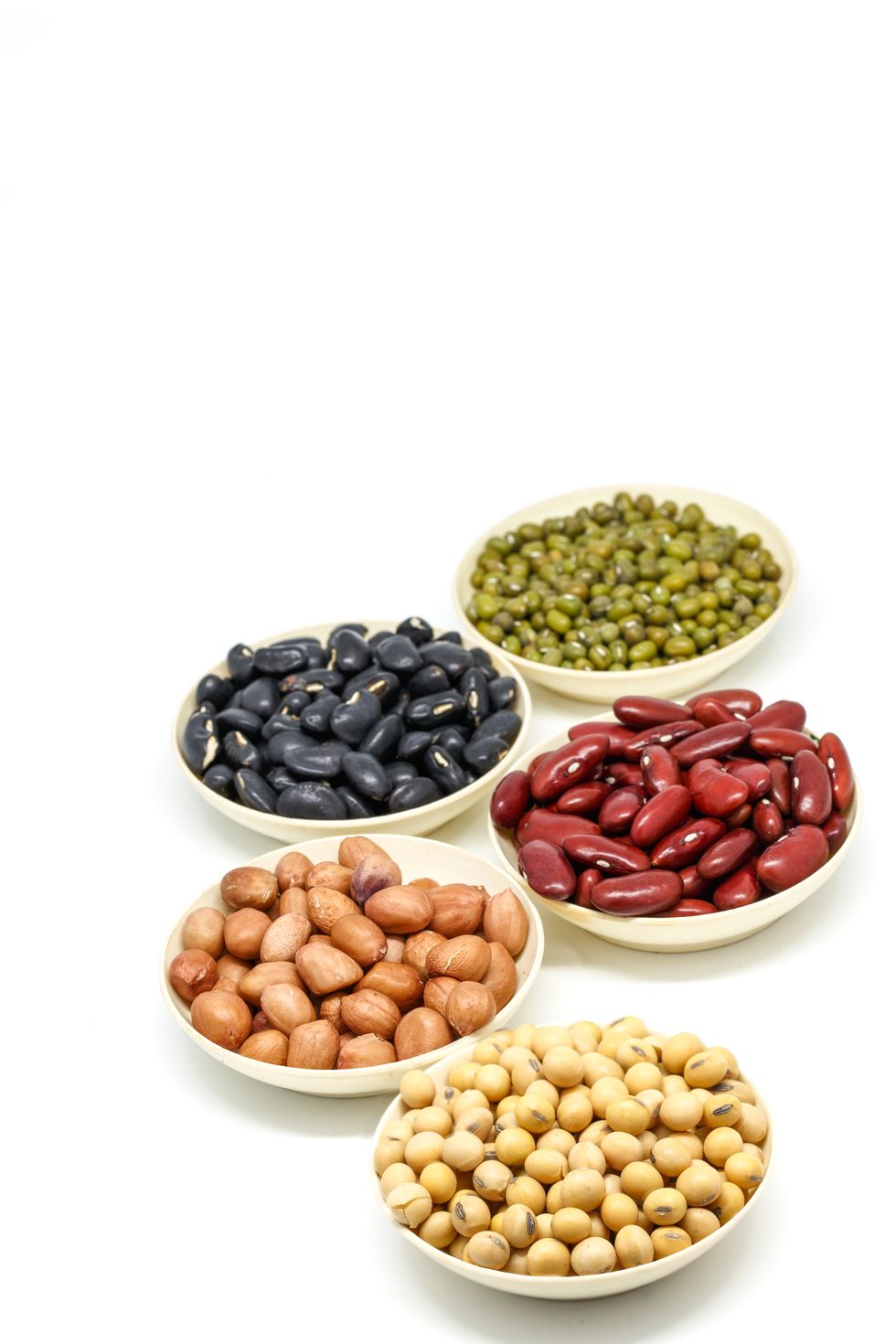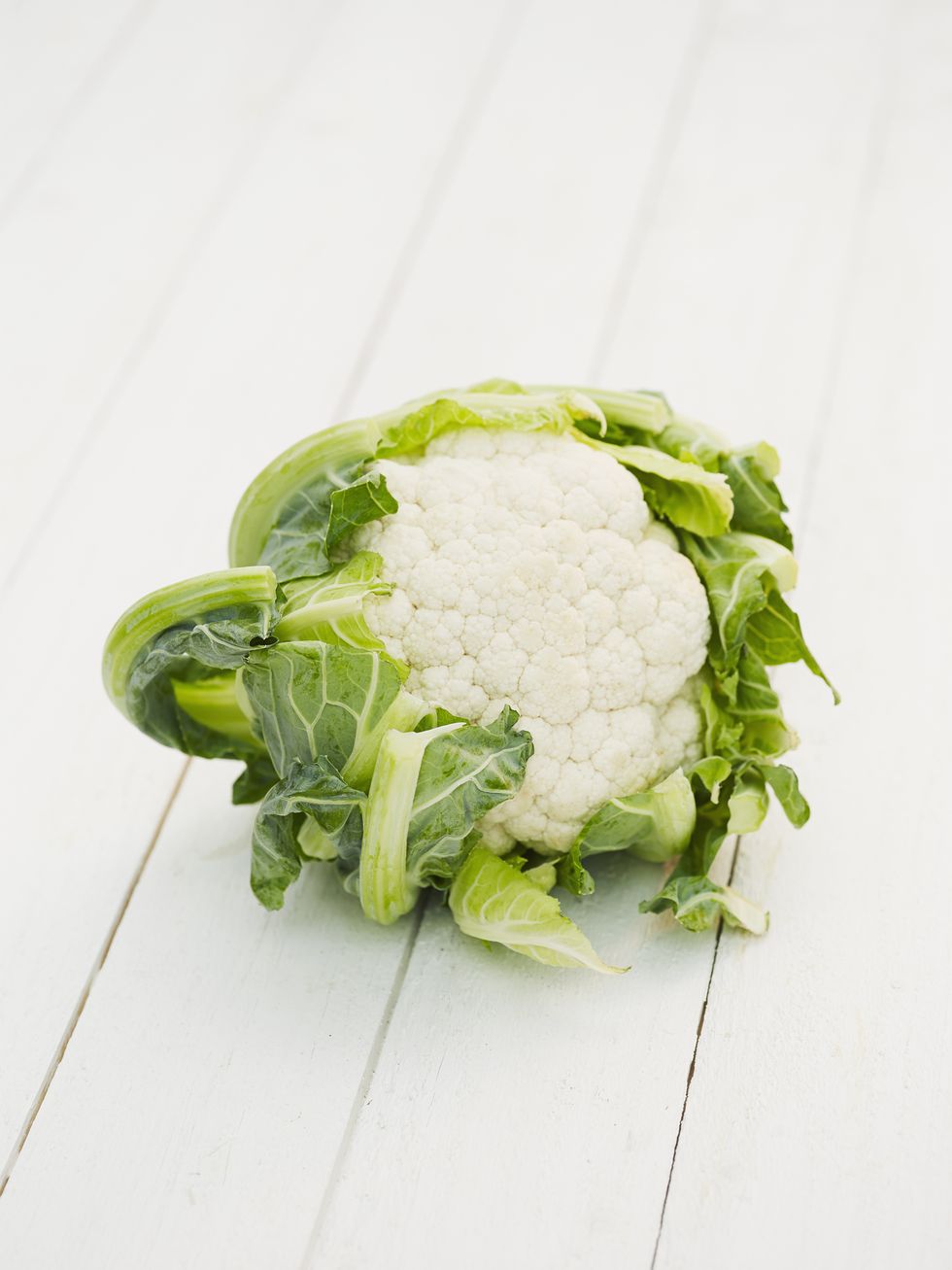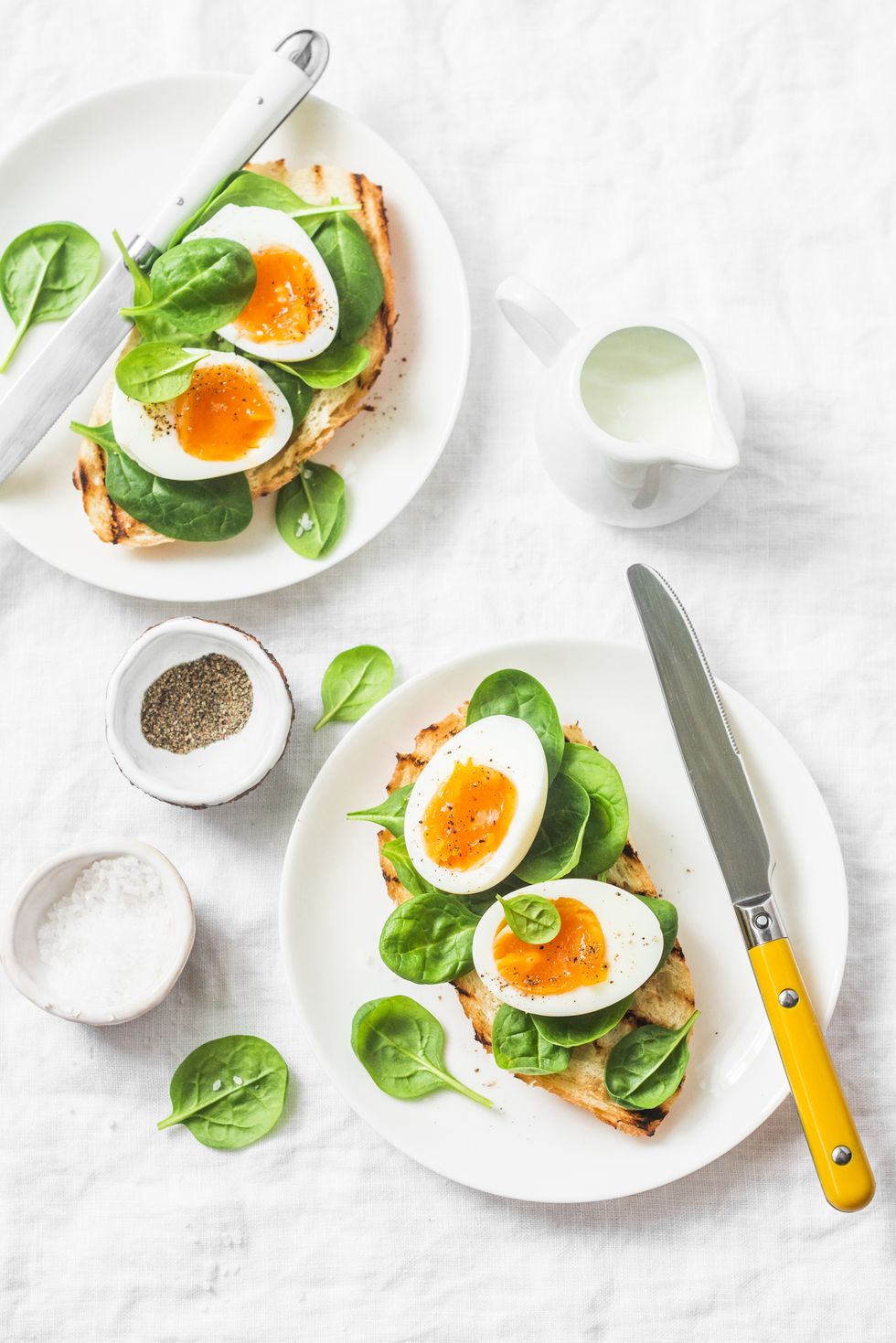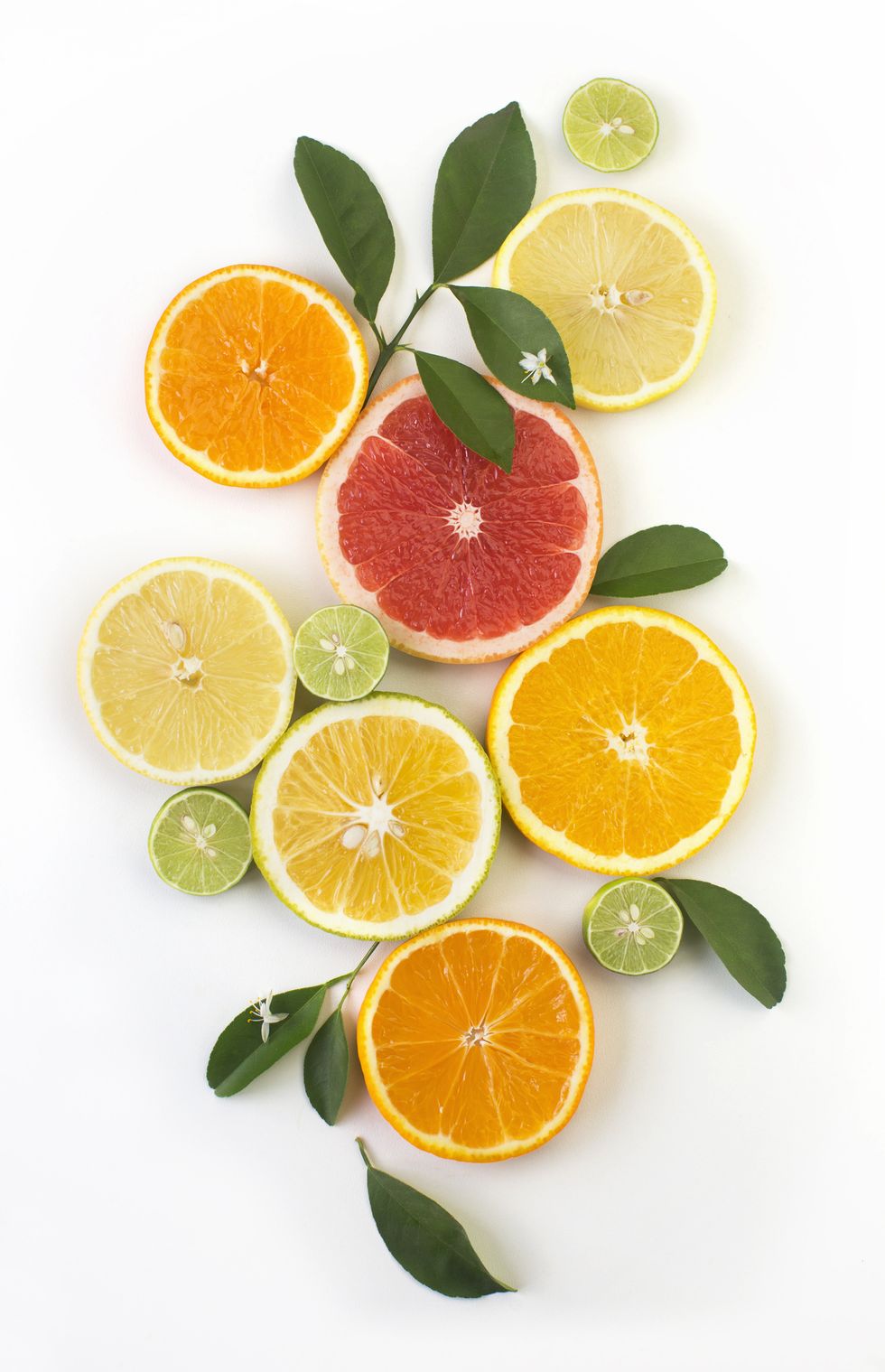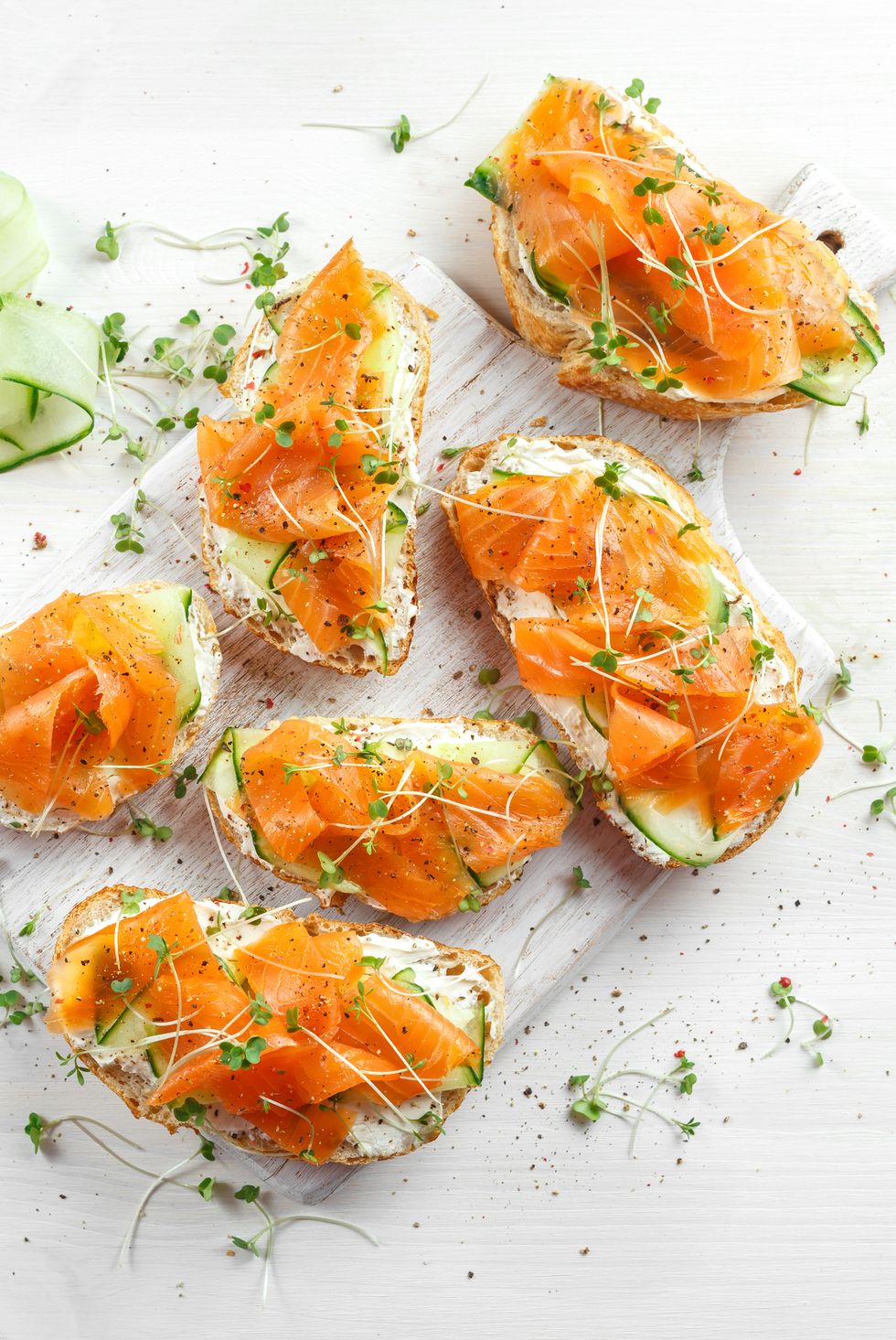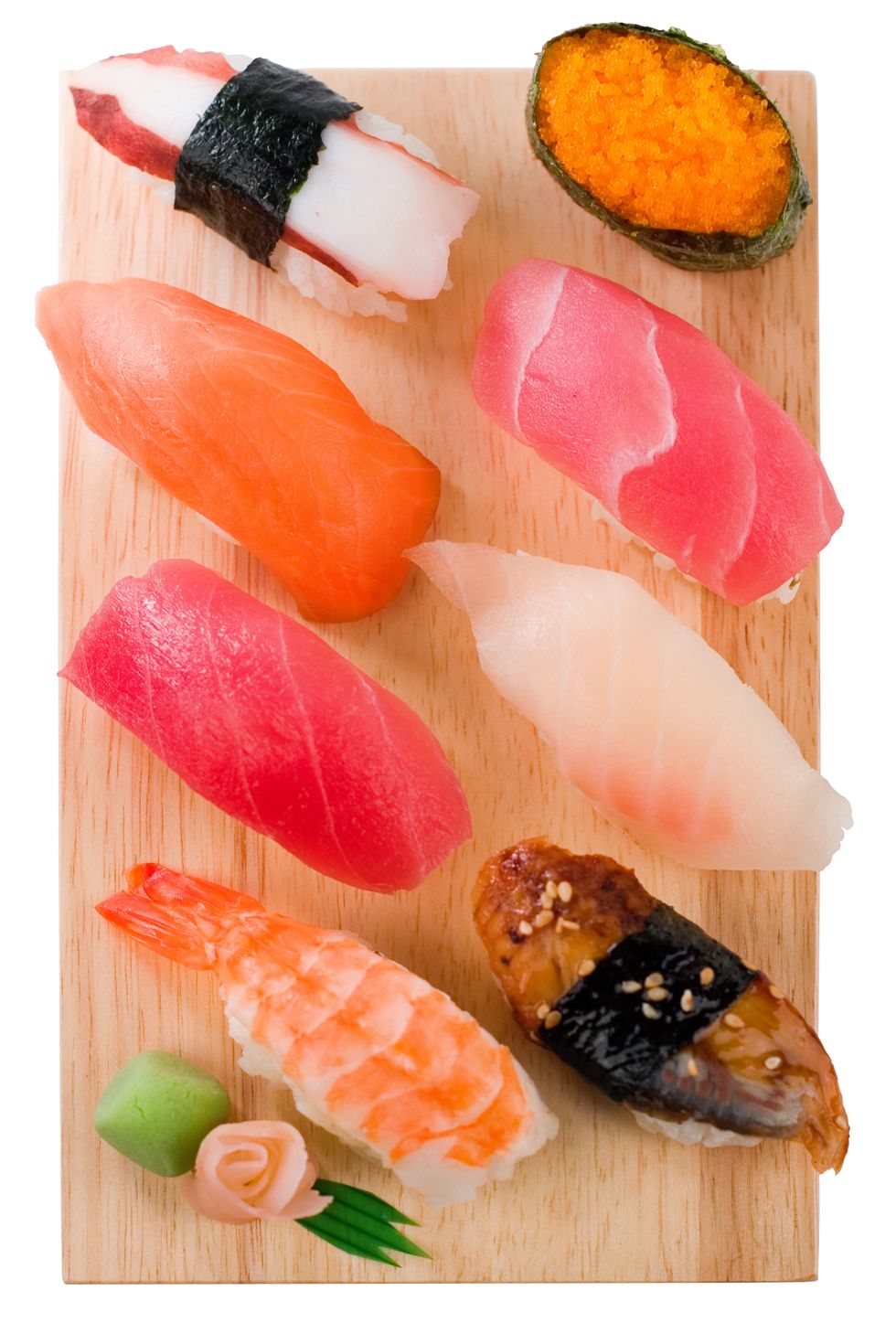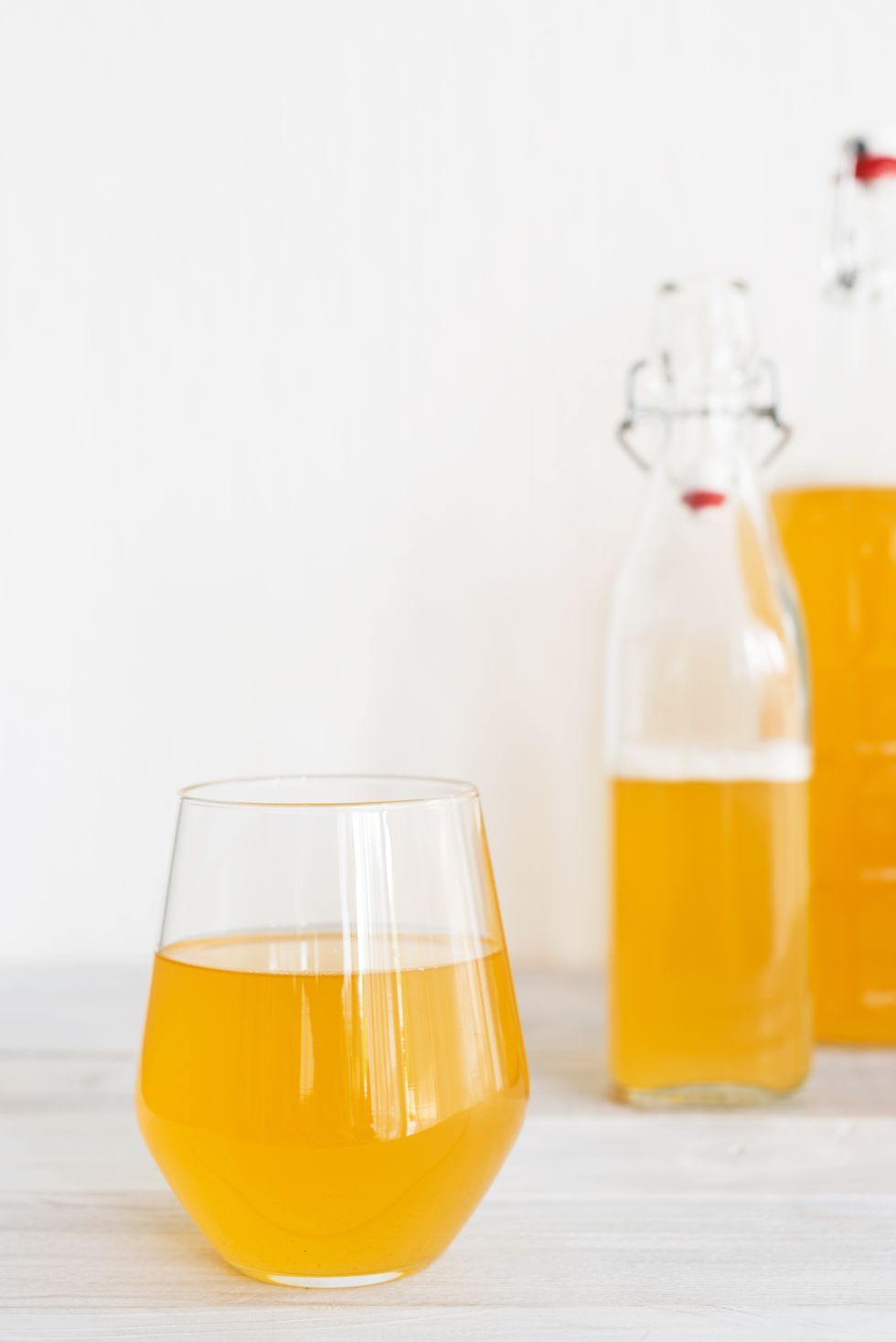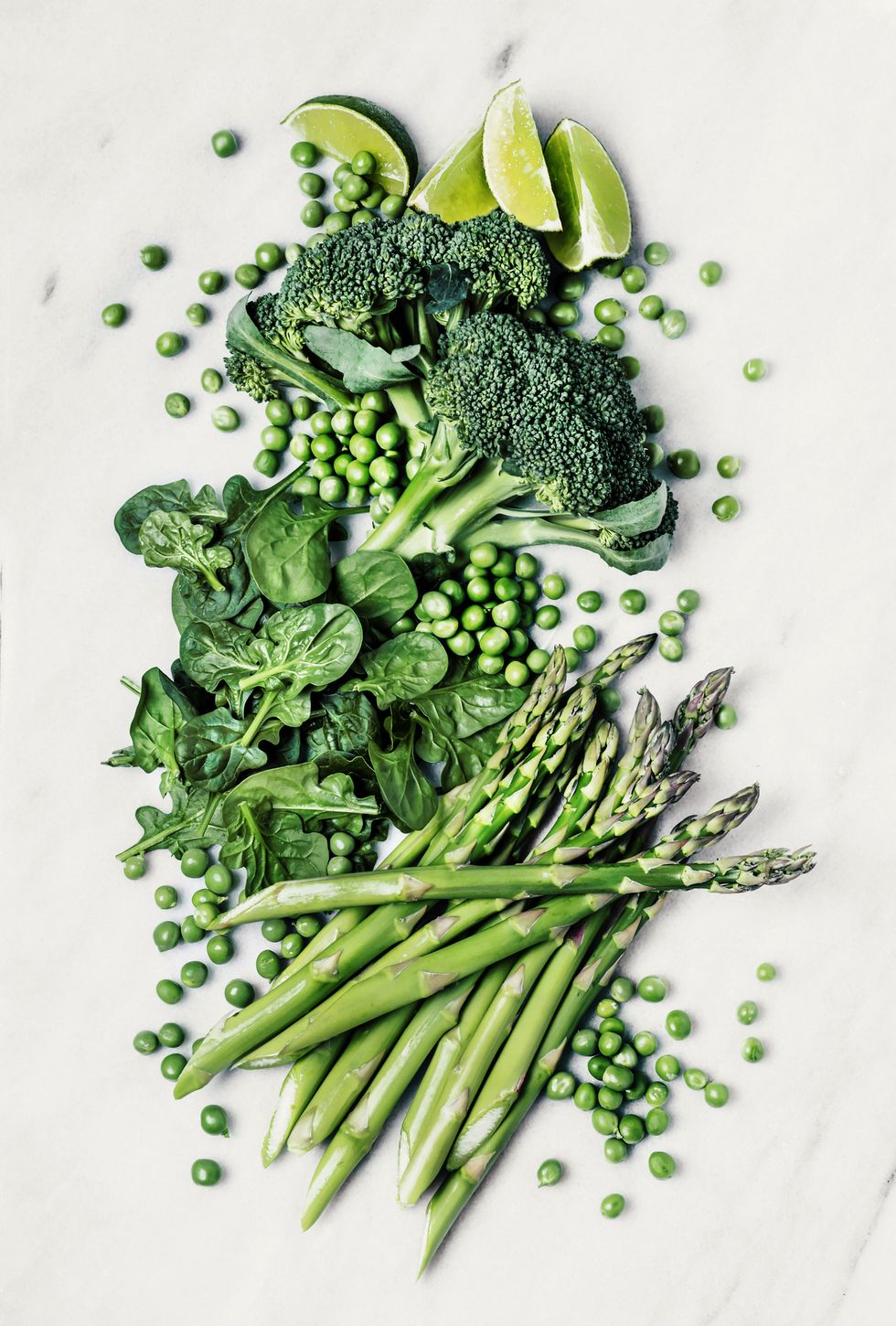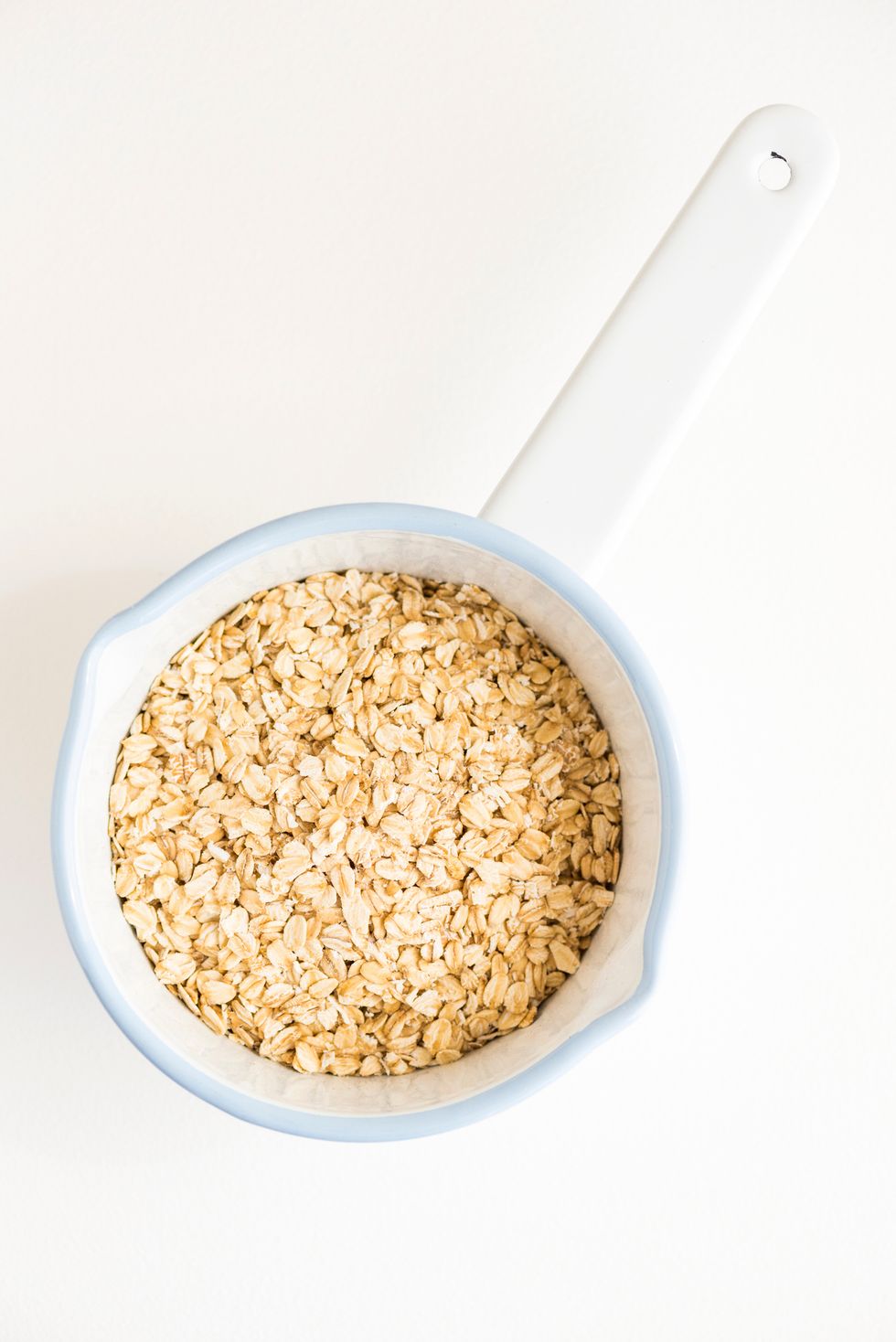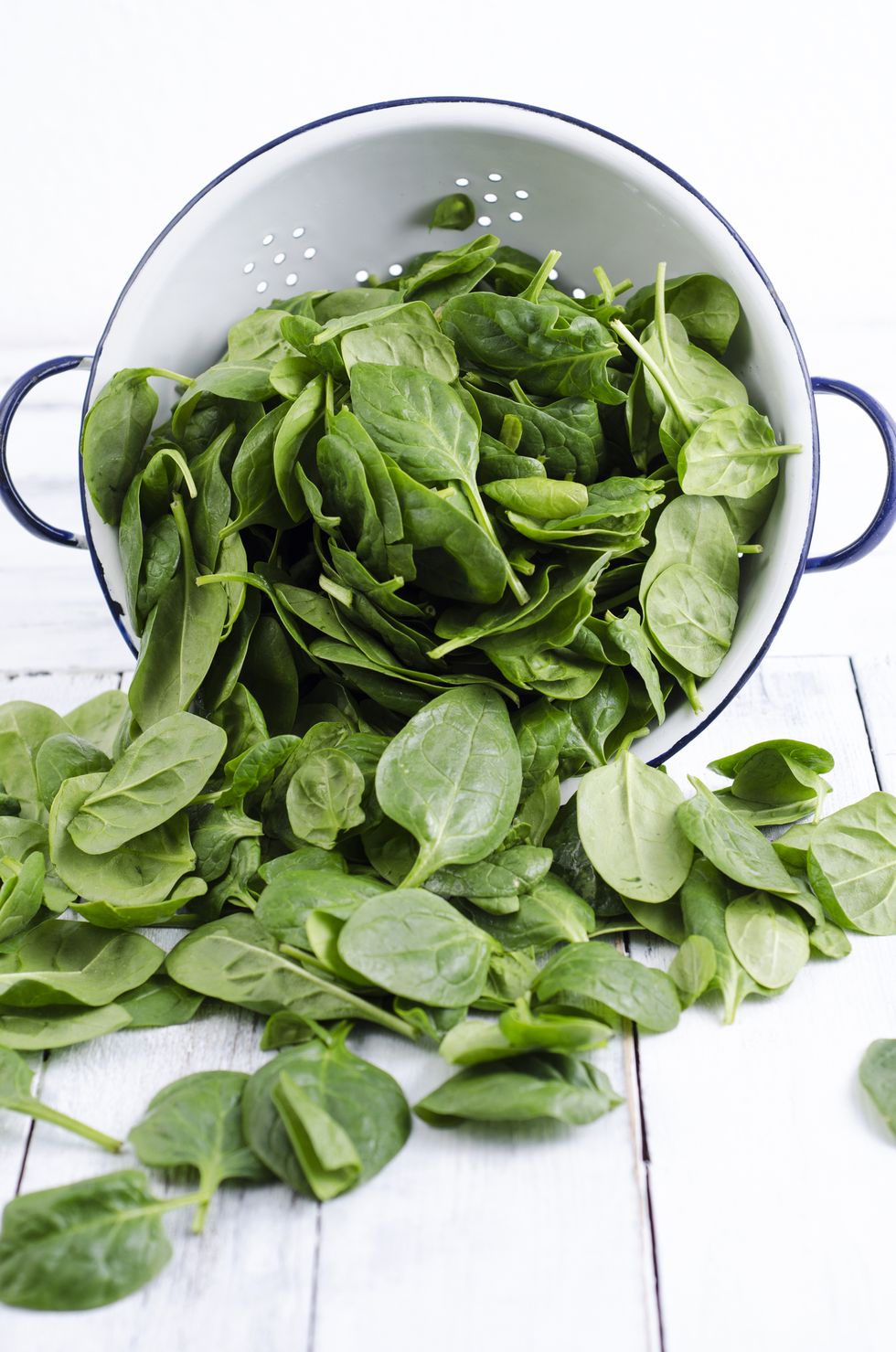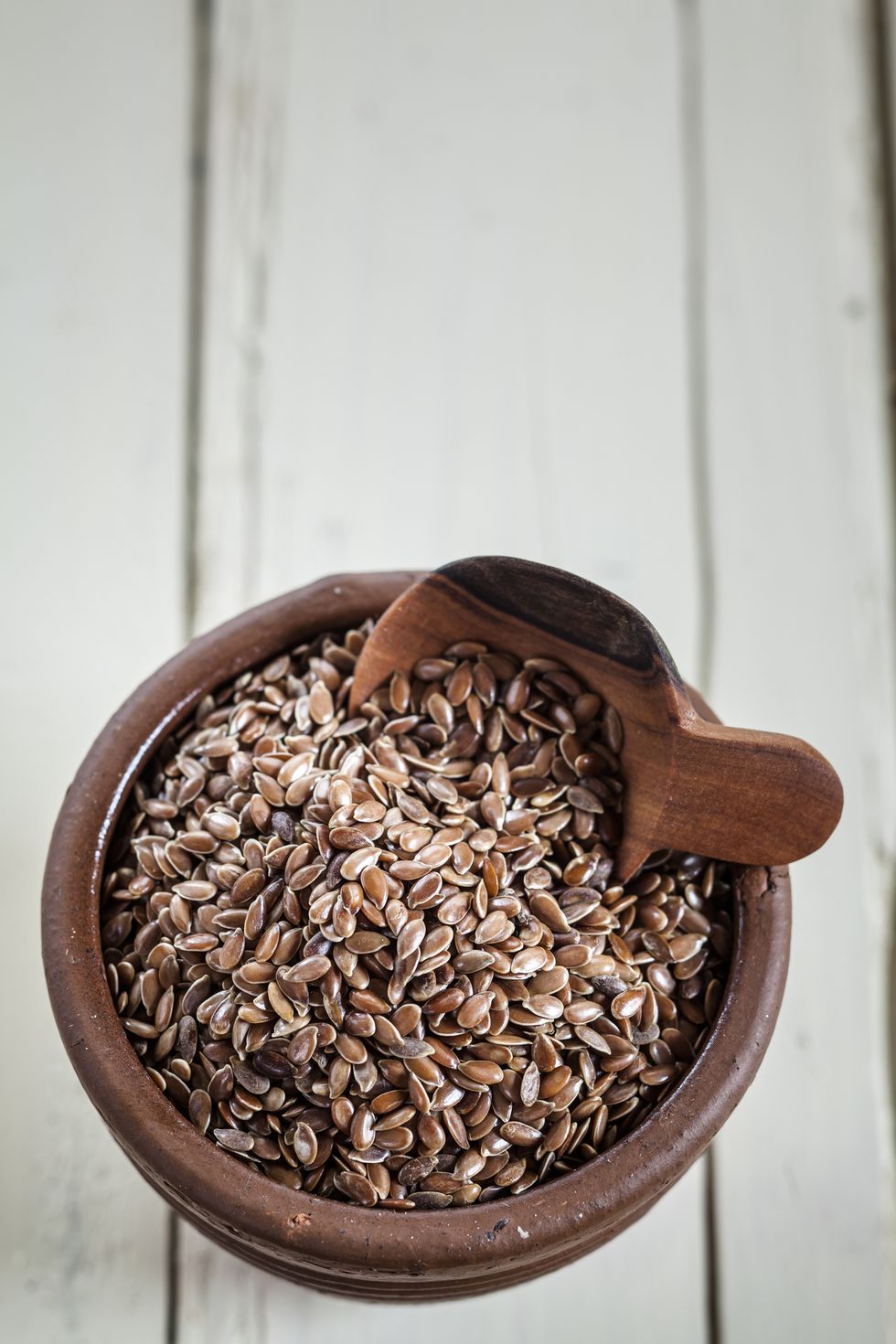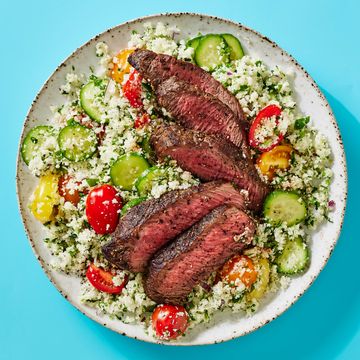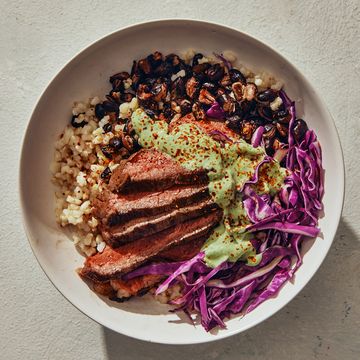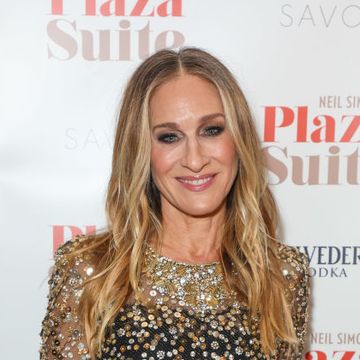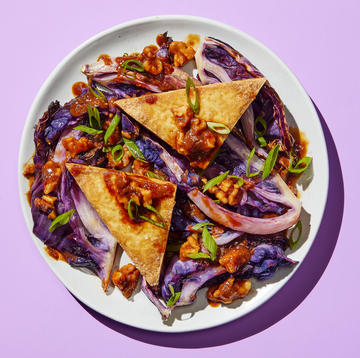The 15 Best Supplements For Women, According To Nutritionists
Are you getting enough?
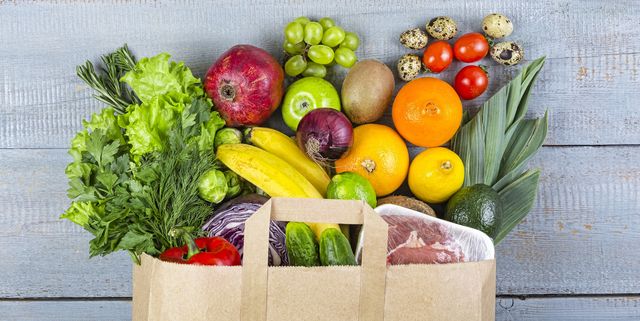
How often did your mom tell you (or maybe more accurately ~yell~) to "Take your vitamins!" and shove some gummy supplements in your face when you were a kid? Not just me, right? Now that you're older and wiser, you know that vitamins aren't *actually* good-for-you candy. Your body might need that extra supplement to stay healthy and strong. But with so many brands for women on the market, it can be hard to decide what vitamins you should make a regular part of your regimen.
You probably also know that most experts agree that whole foods are the best source of essential nutrients: "We get a wide variety of nutrients from eating fruits, vegetables, whole grains, and healthy fats," says Keri Glassman, RD. But that doesn't mean that supplements aren't beneficial.
When you consider how difficult it is to know with 100 percent certainty whether you're eating precisely enough nutrients to fend off symptoms of deficiency or illness, supplements can certainly help, says Lauren Slayton, RD. Plus, things get even a little more confusing when you, say, decide to go vegetarian or get pregnant.
So, what supplements should women take daily?
You should try to meet the recommended daily intake of all vitamins, but there are occasions when you should try to get in an extra dose of them (think folic acid when you're pregnant or trying to conceive). To eliminate some of the guesswork, here's a handy list of the most essential vitamins women should be getting every day, and exactly how much you should be consuming depending on your age and whether you're pregnant or lactating.
Ideally, you should get these vitamins through the whole food sources listed below. But if that's not possible, there are dietitian-recommended supplements and multivitamins you can take as well. Still, if you're super-concerned about a deficiency, make sure to chat with your doctor about whether you should make a lifestyle change. These are the best supplements for women, according to nutritionists:



Watch Next


Red Lobster Might Be Going Bankrupt
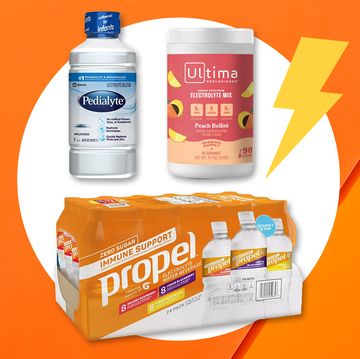
9 Electrolyte Drinks To Fuel Your Workouts
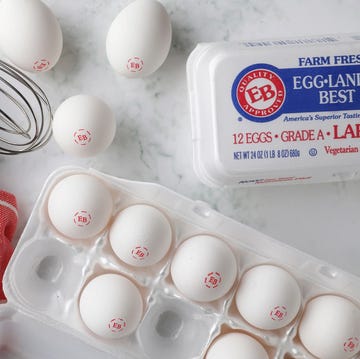
We’re Cracking The Latest Research On Eggs
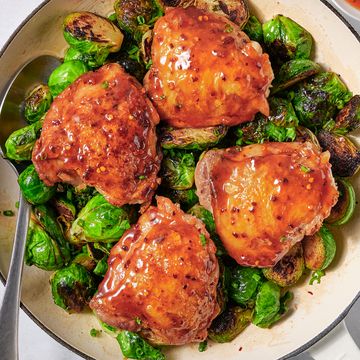
26 Perfect Passover Chicken Recipes
